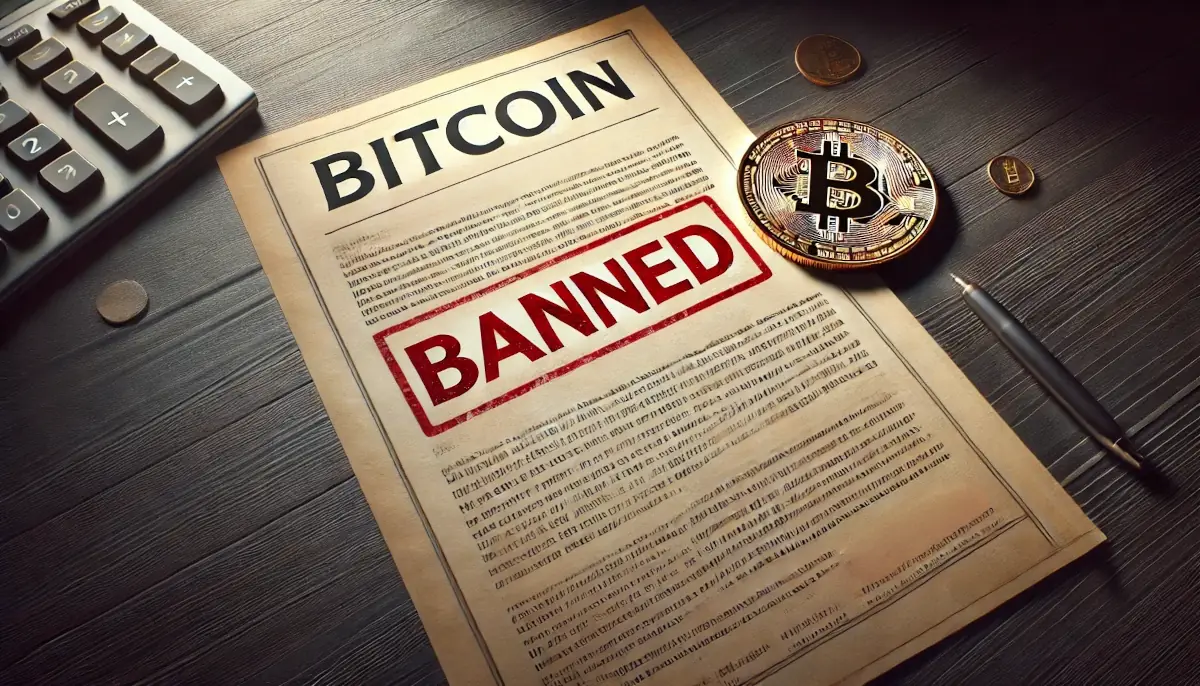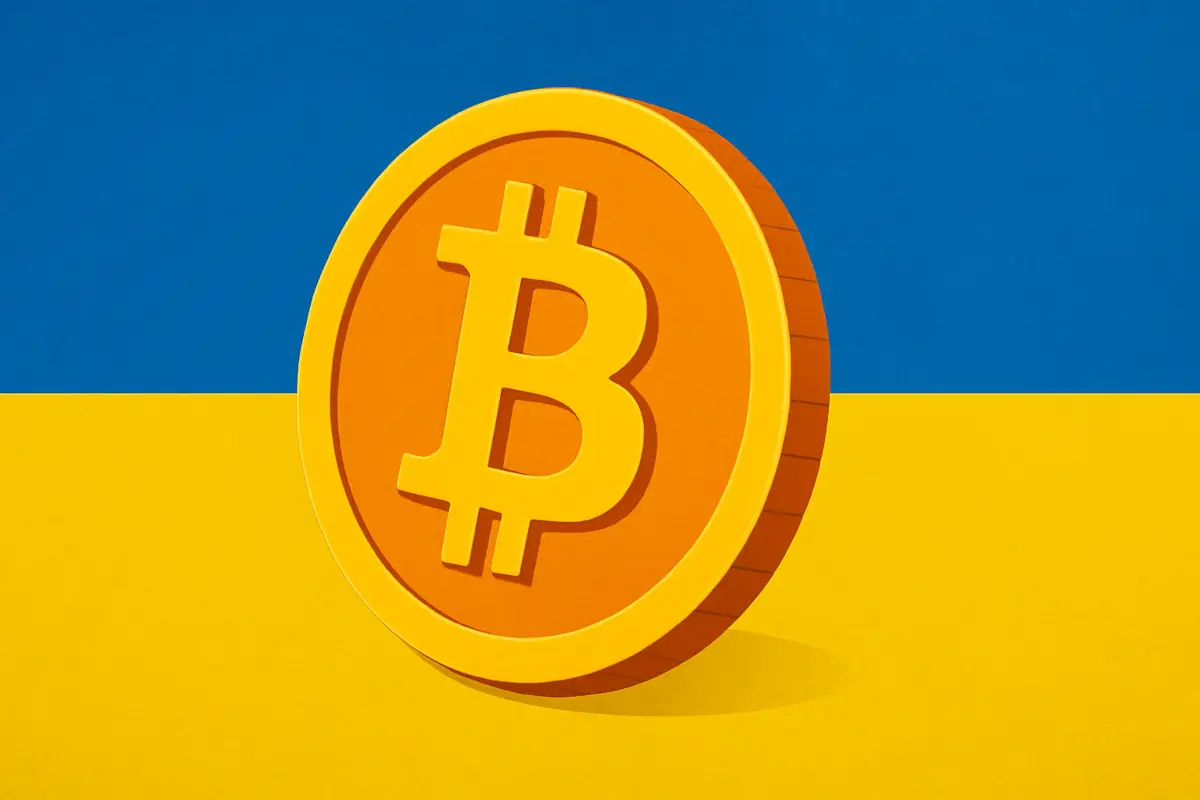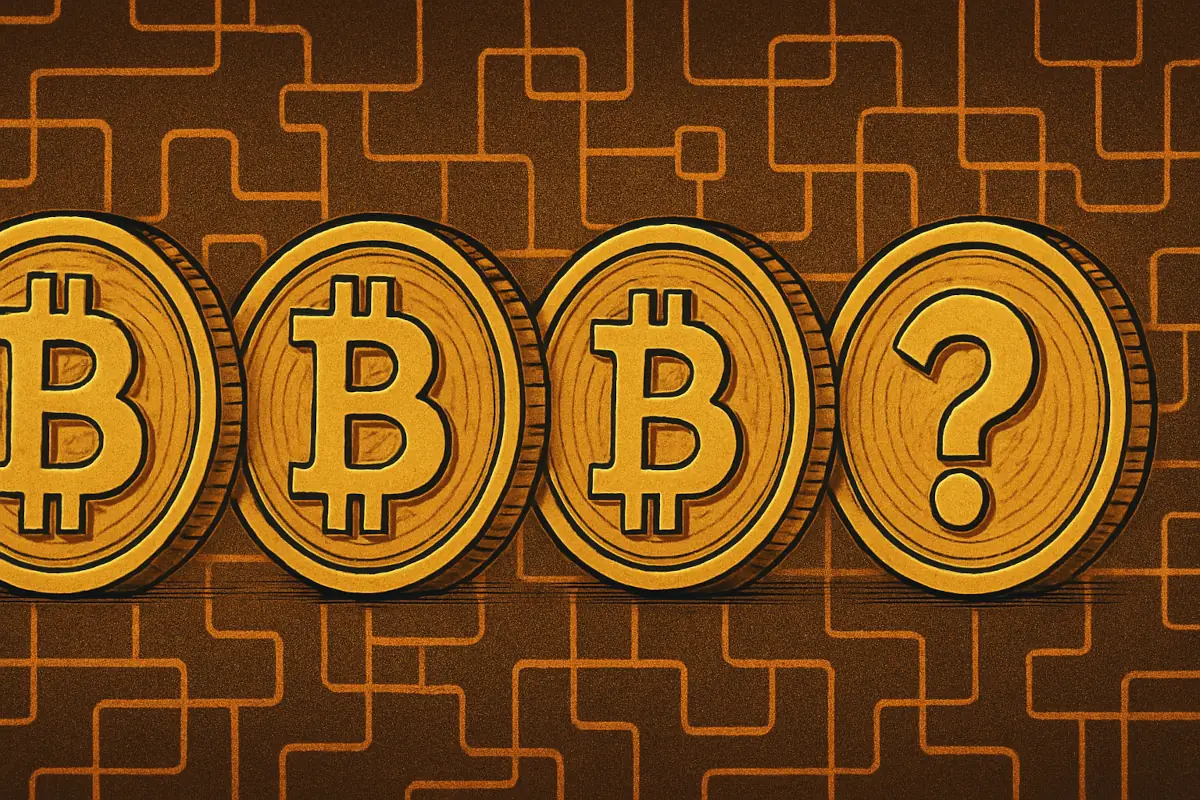In recent weeks, there has been some reports about whether Bitcoin should face heavy regulation or even a ban. This conversation stems from concerns raised by some economists and central banks. They argue that Bitcoin could redistribute wealth unfairly and create economic instability.
A recent paper from researchers at the European Central Bank (ECB) suggests that the rise of Bitcoin benefits early adopters at the expense of those who either enter the market later or don’t participate at all. The authors argue that Bitcoin’s wealth redistribution mechanism could harm the general population, as wealth shifts from non-holders to holders. In their view, this growing inequality justifies stricter regulations or even a ban on Bitcoin to prevent further disruption.
These arguments reflect concerns that Bitcoin is creating a kind of “zero-sum game,” where the wealth of Bitcoin holders doesn’t come from an increase in productivity or value but from the diminished wealth of those who don’t hold it. Essentially, it’s like filling one person’s bucket by emptying another’s. But is banning Bitcoin really a solution, or is it an overreaction to a phenomenon some don’t fully understand yet?
Let’s Talk About Wealth Redistribution
The core of the argument against Bitcoin is that it doesn’t contribute to the broader economy’s productive potential. Unlike other investments, such as stocks or real estate, Bitcoin doesn’t directly create jobs, build infrastructure, or lead to innovations. When Bitcoin prices rise, early adopters gain significant wealth without generating new economic value. This leads to concerns that Bitcoin’s rise is simply making the rich richer, while non-holders are left behind, potentially fueling social unrest.
But is this redistribution unique to Bitcoin? This same concern can be raised about almost every financial asset that appreciates over time. Early investors in stocks like Apple or Amazon benefited massively, while latecomers didn’t see the same gains. Moreover, the accusation of operating as a zero-sum game applies to many other legal financial instruments like contracts for difference (CFDs) or futures, and even to lotteries or gambling. In all these cases, a small group profits while the majority often lose money – should they be illegal too?
Bitcoin Ban Won’t Happen
Despite the calls for a ban, it is highly unlikely that governments, particularly in the U.S., will follow through with such drastic measures. For one, Bitcoin is decentralized, meaning that no single entity controls it. This makes enforcement of any ban incredibly difficult. Governments would have to not only ban Bitcoin but also enforce that ban on a network that operates globally, which is nearly impossible. Even if the U.S. or another major country were to attempt such a move, other countries would likely benefit from Bitcoin going underground, as they could become havens for crypto innovation and investment.
Another key factor is that about 17% of American adults have owned cryptocurrencies. With such a significant portion of the population involved, any serious move against Bitcoin could face considerable backlash. Additionally, both current U.S. presidential candidates have shown pro-crypto stances, likely because they understand the importance of not alienating a growing voter base. While political promises may often be empty, the fact that both candidates are positioning themselves as pro-crypto does indicate that a full-scale ban is not on the horizon.
In a world where many financial instruments create similar inequalities and operate in zero-sum frameworks, it seems unlikely that Bitcoin alone would be singled out for prohibition. Moreover, its decentralized nature and widespread adoption make it highly resilient to bans, and the global nature of cryptocurrencies means that any attempt to clamp down on them in one country could simply shift the activity to others.
Final Thoughts
The idea of banning Bitcoin may sound drastic, but it’s rooted in real concerns about wealth inequality and economic stability. However, outright prohibition is an overreaction. Instead of rushing to eliminate Bitcoin, governments and regulators should focus on creating policies that mitigate the risks while allowing room for its continued growth.
While Bitcoin’s future remains uncertain, the likelihood of a ban seems low. Bitcoin’s decentralized nature, growing political support, and its parallels with other legal financial assets suggest that governments will likely regulate it rather than eliminate it. The ongoing debate around its role in the economy will continue, but outright bans appear far from practical.




